detail profile sandhya rani
Peran Yang Di Mainkan Sandhya Rani
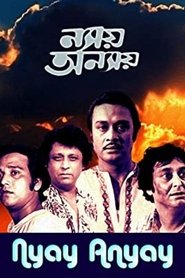 This Bengali Feature Film centers around...
This Bengali Feature Film centers around...Nyay Anyay 1981
This Bengali Feature Film centers around a socially conscious author reaching the end of his life and creative career. As his last wish, he decides to know the 'truth' about the inmates. The film unfolds the struggle for the existence of the deprived by the privileged class.
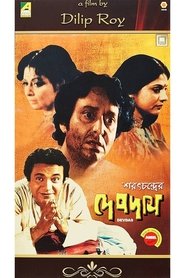 The scion of a wealthy landowner...
The scion of a wealthy landowner...Debdas 1979
The scion of a wealthy landowner family turns to alcohol and self-pity and slowly self-destructs after class differences force him to break off his relationship with his childhood sweetheart.
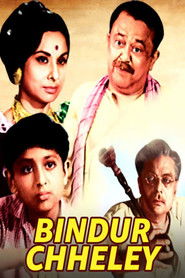 Bindubasini a young woman faces conflicts...
Bindubasini a young woman faces conflicts...Bindur Cheley 1973
Bindubasini, a young woman, faces conflicts in her married life. In an attempt to divert her attention, she decides to raise a child.
 Sansar is a social drama that...
Sansar is a social drama that...Sansar 1971
Sansar is a social drama that shows the story of a happy family. Though Shanti is the second daughter-in-law of the house, she is given the responsibility of the house. She helps her husband with money by selling her jewelry to make a machine. Subhas, Shanti’s brother-in-law helps her in this matter. One day in shortage Shanti with the help of Subhash kept her sister-in-law’s gold necklace in stake without informing her. Conspiring Subhas, Satyen, and Subodh were sent to jail by Ajit. Due to the shortage of money, Satyen had to sell the machine to evil Ajit. But in prime time, Ajit’s uncle came to know the matter and rescued Shanti’s family from danger. The film ends on a happy note where all the dangers are removed from the family and they live peacefully, clearing up all the misunderstandings against each other.
 Hiru Ganguly is unable to marry...
Hiru Ganguly is unable to marry...Nimantran 1971
Hiru Ganguly is unable to marry Kumudini, his lover, after her father rejects his marriage proposal. Years later, although married to another woman, he once again desires to win her back. As old feelings are rekindled, will they take any steps to go against the social customs?
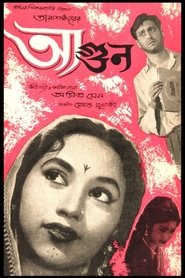 Heeru Naren and Chandranath were friends...
Heeru Naren and Chandranath were friends...Agun 1962
Heeru, Naren, and Chandranath were friends. From his college days, Chandranath had been aspiring and ambitious. He is also a man of strict principles in life. He leaves his brother and sister-in-law and goes away to gain immense power and knowledge. In the meantime, he marries and is blessed with a kid. However, Chandranath's quest to learn more drives him to leave his new family as well as he sets off to achieve new goals in life. He not only fails to fulfill his request but ends up losing his family too. On the other hand, Naren hails from a rich family and is a happy-go-lucky-natured man. He appreciates the finer aspects of life. He falls in love with a courtesan and brings her home. Caught between the two friends who have opposite ambitions in life, Heeru wonders which path would bring contentment in one's life. However, Heeru loses control of his life and slowly realizes that his life has become a mirror of Chandranath's life.
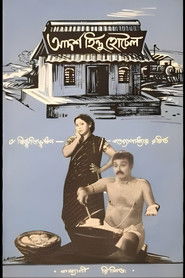 Hajari Thakur a middleaged Bengali Brahmin...
Hajari Thakur a middleaged Bengali Brahmin...Adarsha Hindu Hotel 1957
Hajari Thakur, a middle-aged Bengali Brahmin cook, faces humiliation and exploitation at his job while harboring dreams of owning his hotel. After overcoming numerous challenges including wrongful imprisonment and financial hardship, he successfully establishes a thriving hotel business, eclipsing his former employer and even securing a contract to manage large railway hotels. In a surprising turn of events, Hajari offers his former tormentors, Bechu Chakraborty and Padma, positions in his growing enterprise, showcasing his resilience and magnanimity.
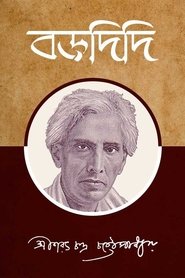 Suren the son of a zamindar...
Suren the son of a zamindar...Baradidi 1957
Suren, the son of a zamindar of Bangladesh, lives his life in his own way. He takes up the private tutor job for a girl whose elder sister is Madhabi, an ill-fated widow. But after a few days, he returns to his rich family and marries. But he cannot forget Madhabi who loves him like an elder and caring sister. In the meantime, when Madhabi's sister-in-law drives her out of the house, Suren hears that and arranges to return the property to her.
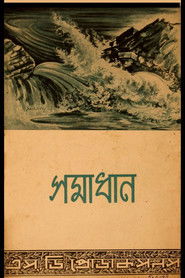 A workingclass leader confronts a villainous...
A workingclass leader confronts a villainous...Samadhan 1943
A working-class leader confronts a villainous factory owner, falls in love with the boss's daughter unaware of her family origins and, after many adventures and setbacks, it is revealed that the hero is in fact the official heir to the property the villain had usurped. An influential Bengali novelist acknowledging allegiance to socialism, Mitra's studio-bound film concentrates on showing the milieu of the rich while the dialogues make numerous references to the workers and the poor.
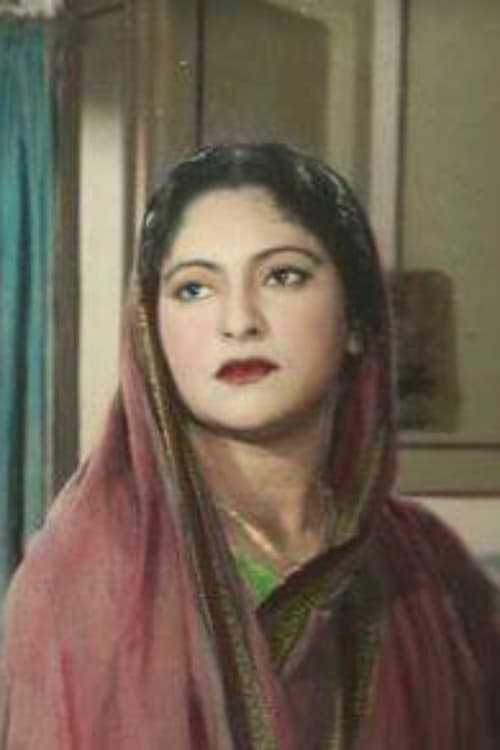
 The younger brotherinlaw pays back to...
The younger brotherinlaw pays back to...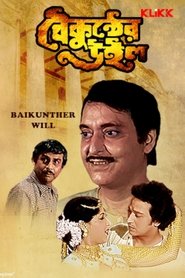 Businessman Baikuntha remarries after the death...
Businessman Baikuntha remarries after the death... Bangaru Raju and Bharathi love each...
Bangaru Raju and Bharathi love each...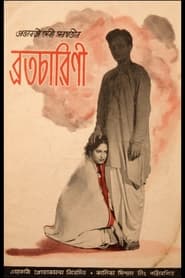 A 1955 Bengali Drama Film directed by...
A 1955 Bengali Drama Film directed by... Uttam Kumar is in a mental...
Uttam Kumar is in a mental...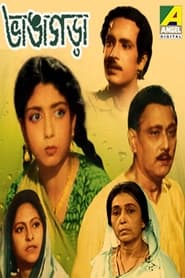 Eldest brother brings up the orphaned...
Eldest brother brings up the orphaned...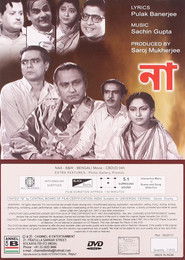 A film by Tarashankar Banerjee
A film by Tarashankar Banerjee A 1949 Bengali Drama Film directed by...
A 1949 Bengali Drama Film directed by...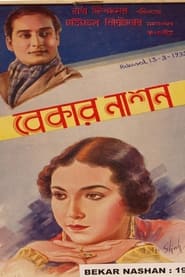 A 1938 Bengali Drama Film directed by...
A 1938 Bengali Drama Film directed by...